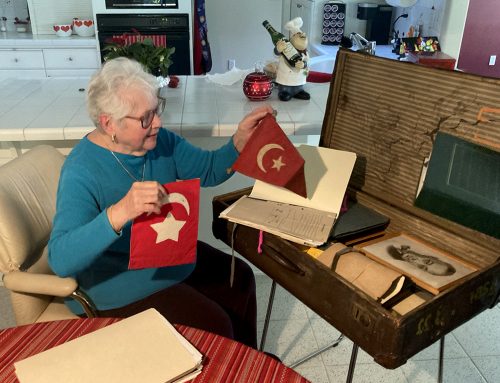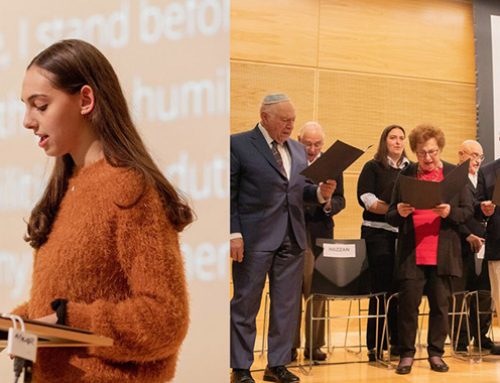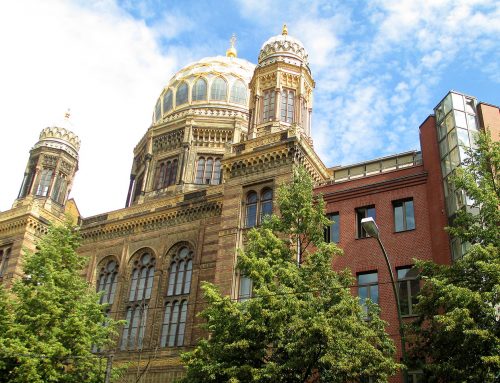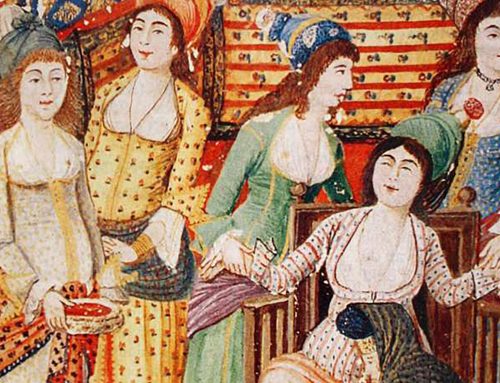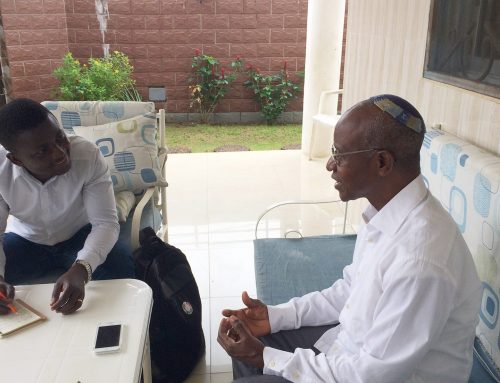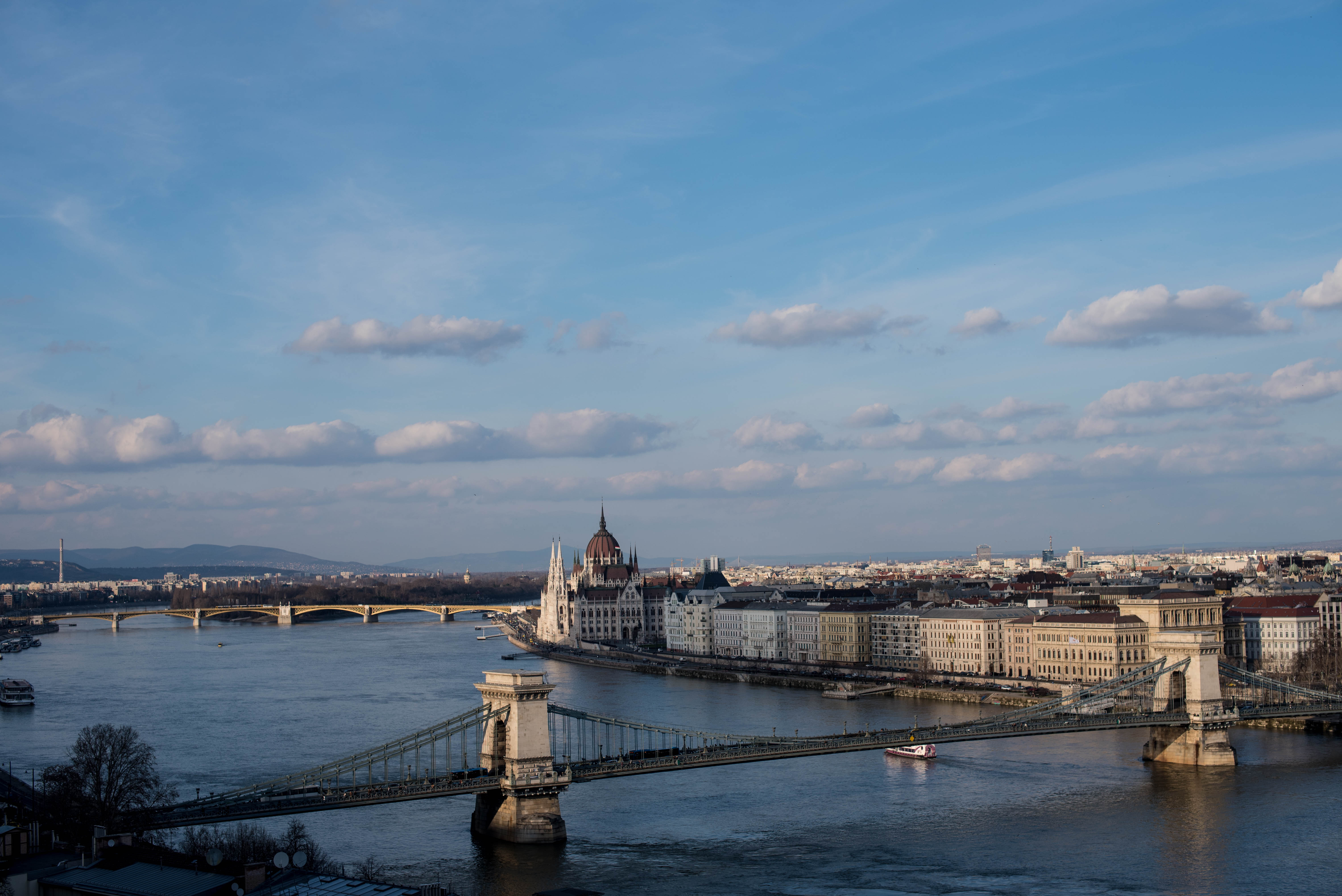
Photos by Kaia D’Alboro
In the three months that I studied abroad I had the unique opportunity to live in not just one foreign country, but four, and through my studies, experienced how the politics of yesterday continue to impact those of today.
In the winter of 2016 I traveled to Europe through UW’s CHID (Comparative History of Ideas) Department on a program titled “Legacies of Empires: Power and Diversity in Rome, Vienna, Budapest, and Prague.” The program examines the roots of contemporary issues of religious and cultural tolerance and intolerance through discussions and experiences focused on each country’s unique history. Specifically, the program emphasized the study of Roma populations—commonly and pejoratively known as gypsies—currently Europe’s largest minority. We learned about how ideas of “culture” and “identity” have been constructed to further marginalize Roma and other minority populations, and specifically reflected on the WWII era, a time during which Roma, Jews, homosexuals, and disabled individuals were systematically oppressed under the Nazi regime.
The program was eye-opening for me in that it highlighted the continued oppression of the Roma population in modern-day Europe and taught me an entirely new Holocaust narrative—one that focused not only on the Jews, as I had been taught in school, but on the Roma population as well. Additionally, being in countries where these historic atrocities occurred made a great impact on me. The most potent example of this for me took place in Budapest, a city that embodies the notion of cognitive dissonance.

Anyone who has visited Budapest will likely comment on the city’s magnificent architecture, incredible cuisine, relaxing natural hot springs, and cheap cost of living. Budapest is popularly referred to as one of Europe’s most underrated cities and was by far one of my favorite places that I visited. However, when you dig a little deeper into the city’s history and politics, a different Budapest comes into play—one that is less glamorous and far more controversial.
In Budapest, we were housed in apartments in close proximity to the Hungarian State Opera House, off of one of Budapest’s main streets, Andrássy út. The street is home to wonderful shopping, food, museums, and the renowned Alexandra Bookstore. On the other side of Andrássy út, in the midst of Budapest’s Jewish quarter, is an abundance of pubs, clubs, and kosher restaurants. I was thrilled to find an all-kosher grocery store in which I was able to get treats and delicacies I previously had to be in Israel to enjoy. I felt comforted being so close to a Jewish community so far from home.
However, while the Jewish quarter in Budapest was lively and bustling, our continued study of Budapest’s past and its current politics made me wonder what life is really like for Hungarian Jews and minorities alike. In speaking with members of the Roma population of Budapest—which shares a cultural center for young adults with the Jewish community, a JCC of sorts—it became evident that Hungary, whose Prime Minister, Viktor Orbán, is leader of the national conservative Fidesz party, is a country controlled by a government with strong nativist, undemocratic, and right-wing beliefs. Our conversations with Roma youth revealed a wide range of experiences: some felt less impacted by the fact that they were Roma, while others told stories of being bullied in school for being “smelly” or “untrustworthy.” Through these conversations I learned about the Hungarian-Roma Holocaust and the feeling that not much animosity has been broken down in the 70 years since the end of the war. Most discouraging, one young Roma man told me that he and his friends don’t even see the point in voting in Hungarian elections, as they feel change is not possible.
These conversations were intriguing and perplexing, especially as I had them in juxtaposition to enjoying the wonders of the city. The dissonance I felt grew even deeper as we began to learn more about the Hungarian Holocaust in conjunction with the Communist occupation of Budapest.
One brisk February morning, we visited the House of Terror museum, which serves as a memorial to the victims of fascist and communist regimes of 20th-century Hungary. Before the visit began, our professor explained that the museum’s approach toward history is controversial. Under the leadership of its director, Dr. Maria Schmidt, who claims that the Jewish Holocaust was propaganda spread by intelligentsia who dominated mass media, the museum propagates the idea of Hungary’s victimhood during the “German occupation of 1944,” blaming the deportation and death of nearly half a million Hungarians solely on Germany. Only one small room in the entire building mentions the Hungarian Holocaust, and refers to it using the term “German occupation.” The rooms that follow focus on Hungary’s victimhood during the Soviet occupation—whitewashing Hungarian history and relaying Hungary’s evident victimization complex.
While witnessing the propagation of a false narrative was difficult, it sparked a dialogue for me. The three months I was abroad were all about discussion and exploration of new ideas and cultures. What I witnessed and experienced in Budapest showed me how much yesterday’s history affects today’s politics—and also showed me how much power we as individuals hold to change the world around us by engaging with people with ideologies different from our own. Had the Hungarian-Roma youth and the other Hungarians I met in my month in Budapest not been willing to share their perspectives and experiences with my peers and me, I would not have experienced Hungary’s beautiful and complex culture the way I did.
I believe the complexities of Budapest can be captured in a popular walk along the Danube. As you walk along the Danube looking from Pest toward Buda, you have views of the Chain Bridge, Parliament, and the Buda Castle—all magnificent structures. However, at a certain point if you look down, you will see the Shoes on the Danube Bank—a memorial dedicated to those Jews shot by the Arrow Cross into the Danube during WWII. This walk and this memorial are a reminder of the importance of looking at how the past affects our present and how our present can affect the past, creating a more hopeful future.
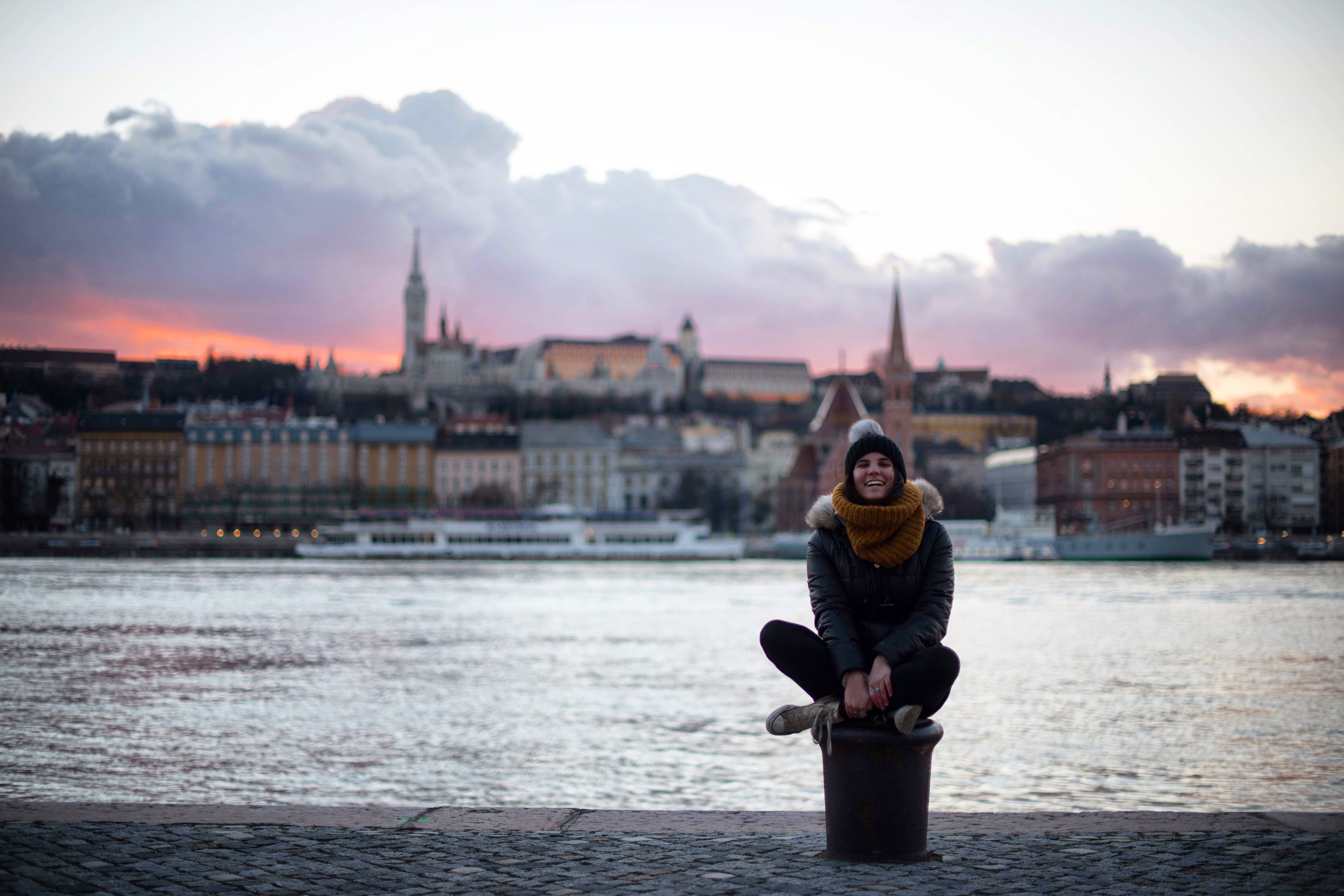
Halle Friedland grew up in Seattle, Washington. She is currently a senior majoring in Informatics, studying Human-Computer Interaction. She won a Stroum Center Opportunity Grant to visit Central and Eastern Europe to explore the roots of contemporary issues of religious and cultural tolerance and intolerance, greatly focusing on Europe’s Roma populations. Upon graduation, Halle plans to spend more time travelling before working in the technology industry.
Links for Further Exploration
- Learn more about taking coursework abroad in Jewish Studies, Sephardic Studies, Israel Studies or related languages
- Explore Study Abroad opportunities with UW Study Abroad
- Learn more about Stroum Center Opportunity Grants and apply today!

